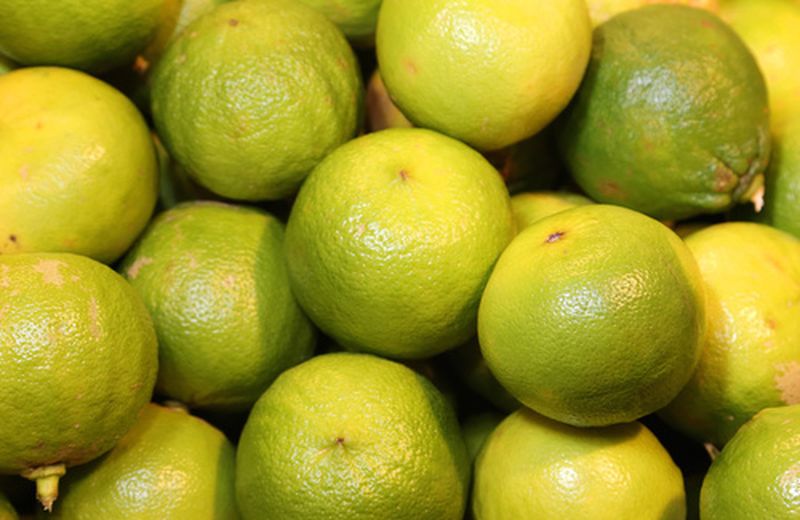The study The Resilience of Bergamot Farmers in the Reggio Calabria Province of Southern Italy was carried out to evaluate the contribution of the reorganization of the Bergamot supply chain to the socio-economic resilience of the families involved in the production. This research is the result of a resilience assessment of bergamot farmers in Calabria achieved by ARCO Researchers and Huggard Consulting Group under the framework of a project implemented by IFRA (International Fragrance Association) and Società Capua 1880 in collaboration with Università Mediterranea di Reggio Calabria, Camera di Commercio of Reggio Calabria and the Bergamot Consortium.
The study applies a quantitative approach to assess the socio-economic resilience in a high-income country by adapting the RIMA (Resilience Index Measurement and Analysis) method developed by FAO. This approach was used to identify groups at risk and the actions to implement to improve response strategies to external shocks as well as to understand what are the building blocks of a community’s socio-economic resilience. The approach can be adopted to measure the impact on the resilience of various groups in a wide range of interventions that include social and health services, infrastructure investments, institutional innovations, new agricultural production techniques.
Resilience assessment
The concept of resilience has already been widely discussed in the literature relating to the study of ecosystems but is relatively new in the socio-economic field. In general terms, resilience is the measure of a system’s ability to respond to stresses and shocks, that is, its ability to persist in an uncertain environment. Also in the socio-economic field, the analysis of resilience is based on the analysis of ecological-social systems or “socio-ecological system” (SES).
Socio-ecological systems have, inter alia, cultural, political, social, economic, ecological and technological components that interact together, emphasising the ‘humans in nature’ perspective in which ecosystems are integrated with human society. From the social sciences’ perspective, the link between social and ecological resilience is the dependence of communities, and their economic activities, on ecosystems, showing that the two systems have synergistic and co-evolutionary relationships. It is evident that the resilience of a social system is related to the resilience of the ecological system on which the former depends.
In this study, the concept of resilience developed within the environmental field was adapted to the analysis of the resilience strategies of the families involved in the production of bergamot in the Ionian coast of Calabria. The RIMA approach – developed by Alinovi and colleagues (2009 and 2010), subsequently adopted by FAO to identify and measure the resilience of households to food insecurity – was taken up in the context of this study with some adaptations. These changes arise from the idea that resilience, even if not directly observable, can be identified as a latent variable and therefore measured through a factor analysis procedure.
In the case of bergamot in southern Calabria, a further challenge for the study was readapting this approach to address the context of a high-income country and reflect a more general definition of resilience to economic insecurity/shock.
The case of Bergamot farmers
More than 90% of the world production of bergamot comes from the province of Reggio Calabria. Bergamot is mainly used for its essential oils extracted from the peel, as an ingredient for the production of high quality perfumes. The production of the oil is regulated by the Consortium for bergamot oil of Reggio Calabria, a body that was reformed in 2007 and which today ensures that the essential bergamot oil produced in the area complies on the one hand with the main parameters of quality and, on the other hand, with the needs of the market.
Between March and April 2014, ARCO Researchers coordinated a survey involving 326 bergamot producers registered at the Reggio Calabria Bergamot Consortium.
The study demonstrated that almost 70% of interviewees have seen their income increase by between 32% and 35% in the seven years to 2014. Bergamot was identified as both being more profitable than other crops and contributing to farmers’ resilience by increasing their access to networks. Using a simulation scenario approach, analyses showed that if the cultivation of bergamot were no longer carried out it would induce a decrease in producers’ resilience by 21%.
